Based on current trends, breast cancers are rising alarmingly in the country and among women contribute nearly 15 per cent of all cancers. During the month of Breast Awareness (October), a highly experienced oncologist urged Indian women to be “Breast Aware” from an early age and participate in regular breast cancer screening. According to the expert, awareness and screening can help in detecting a large number of breast cancers at an early stage. Breast cancer is currently the most common cancer among Indian women, both in terms of incidence as well as mortality.
Talking to reporters through E-Press Conference, Dr Vedant Kabra, HOD Surgical Oncology, HCMCT Manipal Hospitals said, “Certain approaches can help in early detection. First of all, we recommend Breast self-examination every month around five days after the periods are over starting from the age of 20. For postmenopausal women, it can be done on a certain day/date of every month. Annual breast examination by a trained doctor after the age of 20 is also recommended. Finally, regular mammogram after the age of 40-45 is also recommended for early detection of Breast Cancers and timely treatment.”
According to the ICMR’s latest National Cancer Registry Programme Report 2020, India is expected to record an estimated 12% rise in cancer cases by 2025. As per estimates, there will be about 13.9 lakhs cancer cases in 2020 which is likely to increase to 15.7 lakhs by 2025, based on current trends. Among women, breast cancers are estimated to contribute 2.0 lakhs (14.8%).
According to Dr Kabra, cancer that develops in breast glands or ducts is called breast cancer. Typically, this particular type of cancer forms in either the lobules or the ducts of the breast. A lump in the breast, bloody or straw-coloured nipple discharge, recent nipple inversion, ulceration or destruction of the nipple, dimpling of skin and thickening of skin to give an appearance of orange peel are some of the symptoms of breast cancer. Confirmation of the diagnosis of breast cancer usually requires a needle biopsy, which can be performed at the OPD in 10-15 minutes after the mammogram is done. “Sometimes MRI and ultrasound may also be needed. Patients with larger lumps, those having enlarged glands in armpit or symptoms suggestive of distant organ involvement (bone pain, breathlessness, headache, enlarged liver etc.) need additional tests like PET-CT scan to rule out the spread of disease to other organs,” he added.
“We, at Manipal Hospitals which has best-in-class treatment and care for breast cancer patients, are witnessing that a significant proportion of patients come to us at advanced stages. Early Cancer or Stage I & II is usually treated by surgery first. Locally advanced which is stage III requires chemotherapy first followed by surgery and radiation. Hormone and other targeted therapy are needed in the select group of patients who have certain markers present on their tumours. Stage IV (Distant organ spread) is treated either with chemotherapy or hormone therapy or both. Symptom directed therapies like surgery for an ulcerated mass in the breast, radiation for pain relief / bony disease, pain medicines, fluid removal etc. are required in some patients with stage IV disease,” Dr Kabra elaborated.
“With surgical advances and emergence of oncoplastic breast surgery, we are able to offer breast conservation to most of our patients with the good cosmetic outcome that boosts the confidence and has a positive impact on the psychological state of the patient. Even if breast needs to be removed, it can be reconstructed using the patient’s own tissues with or without synthetic implants.” Dr Kabra added. After complete removal of lymph nodes from armpit, the arm swelling (lymphedema) may develop in 20-30 per cent of patients. Newer techniques like Sentinel lymph node biopsy and Lymphovenous anastomosis help in reducing the lymphedema rates to less than 5 per cent.
According to him, Chemotherapy usually consists of 6-8 cycles administered in daycare at an interval of 15-21 days. Hormone therapy, in form of tablets, continues for five years or more. A type of targeted therapy may be needed and is typically given for a year. Chemotherapy may have side effects like hair loss, nausea, vomiting, weakness and most of these can be well taken care of by modern medicines.
With advanced imaging technology and radiation therapy in breast cancers results in an improvement in dose homogeneity, conformity and a decrease in radiation dose to organs at risk compared with older techniques.
Regular follow-up checks are needed to monitor for side-effects of treatment and detect the recurrence of disease, if any. Initial follow up visits are more frequent and the interval between the checks increases as the time passes by with only annual checks required after 5 years of treatment completion.
Creating awareness about the disease is the key to leveraging the benefits of breakthroughs. Millions across the nation lose the battle of life against the dreadful disease cancer. People need to be made aware of the breakthroughs in early detection and treatment of cancer.
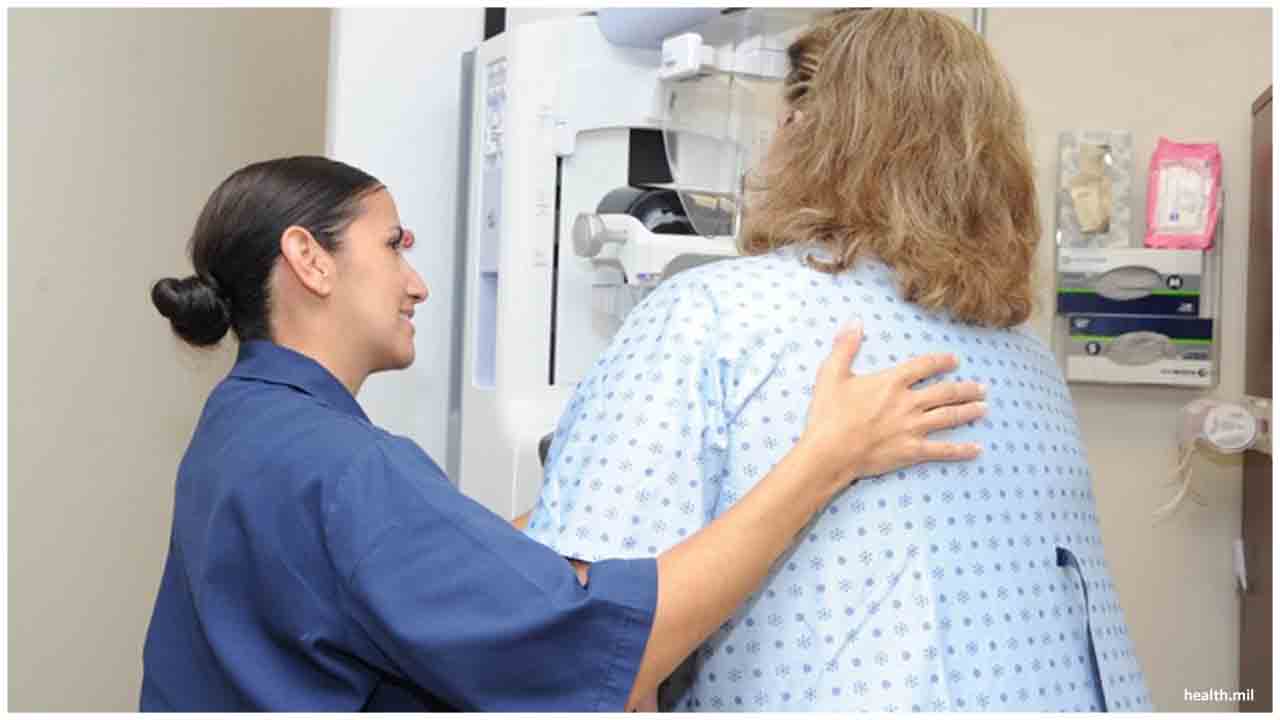
 Proper awareness and screening can help in detecting a large number of breast cancers at an early stage
Proper awareness and screening can help in detecting a large number of breast cancers at an early stage







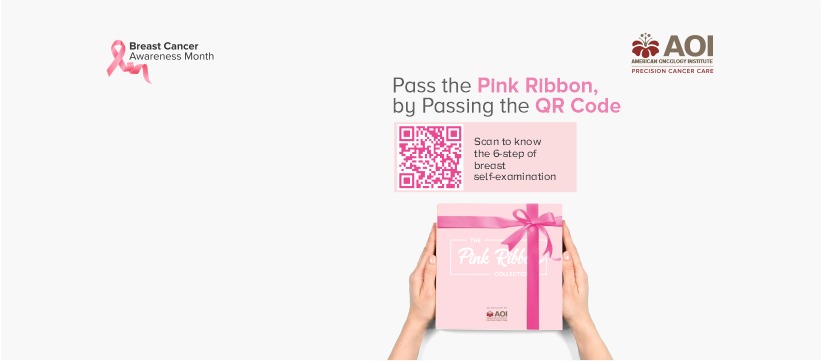
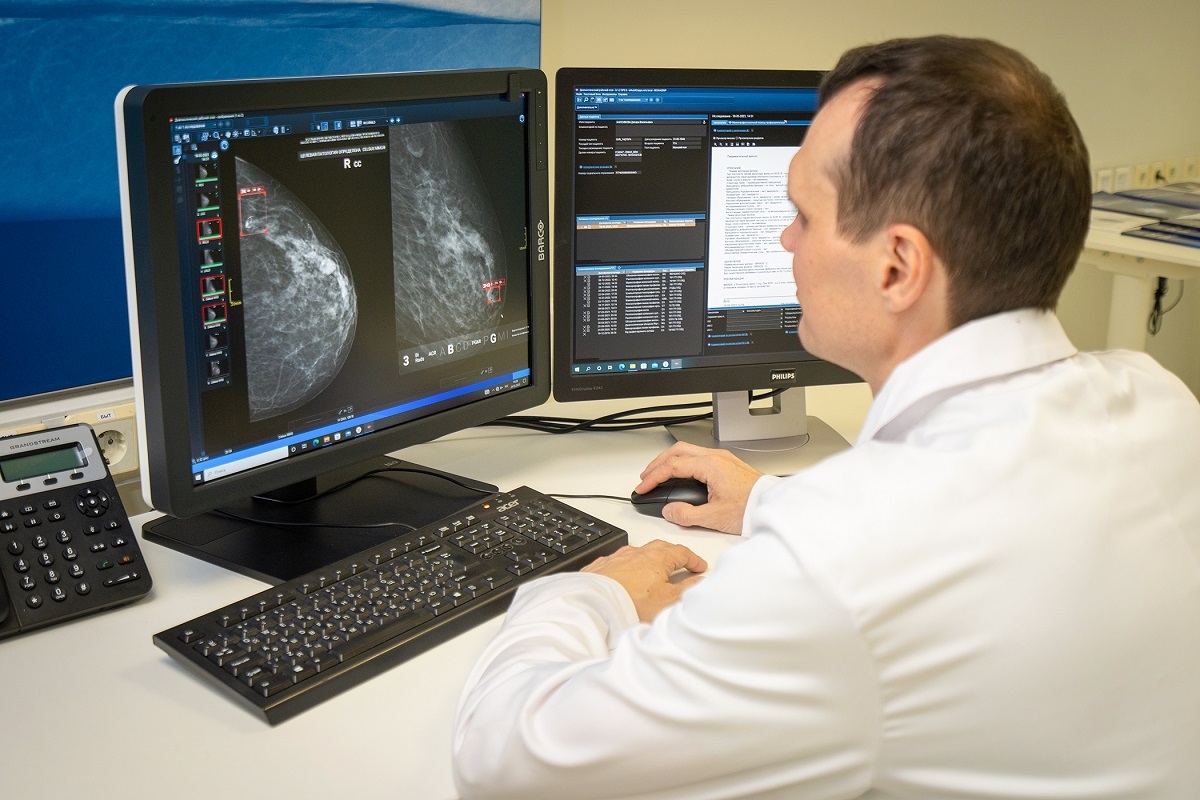
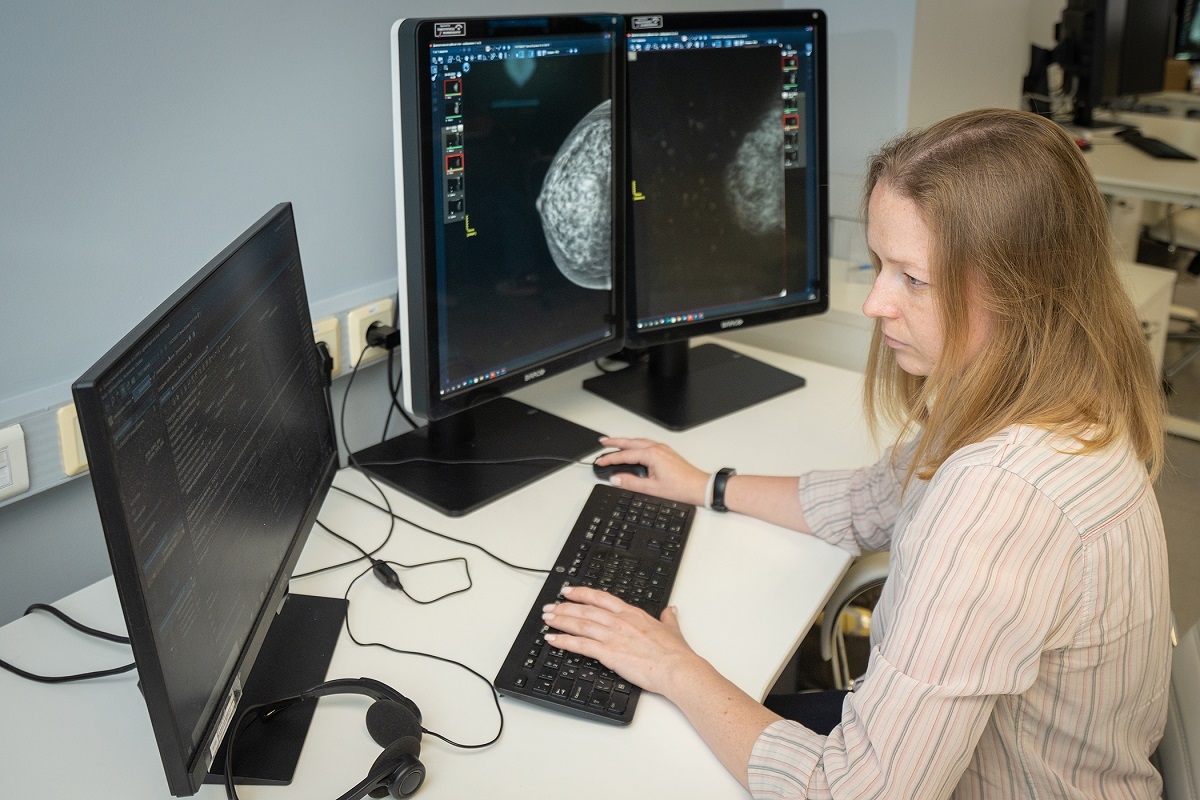
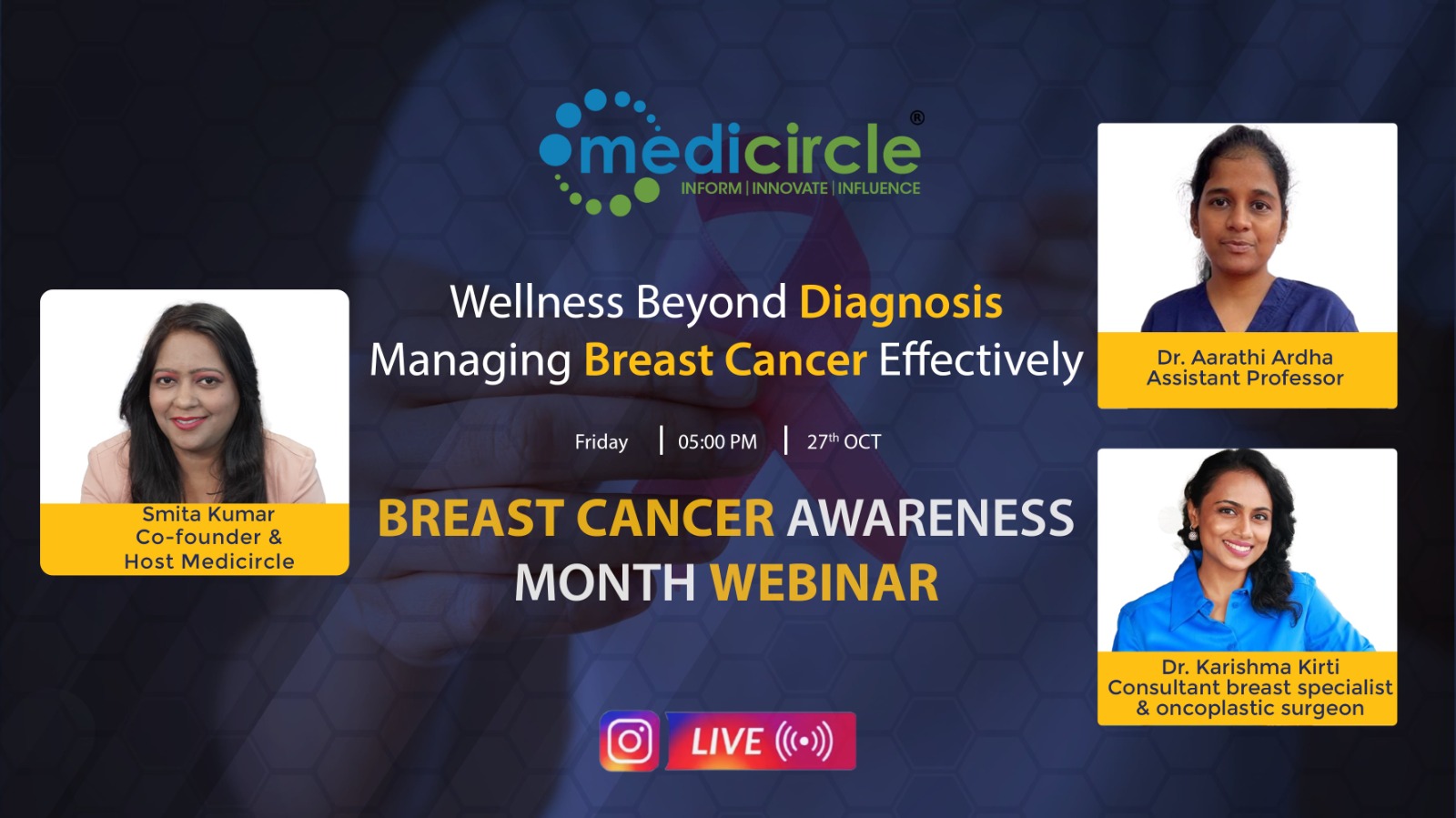



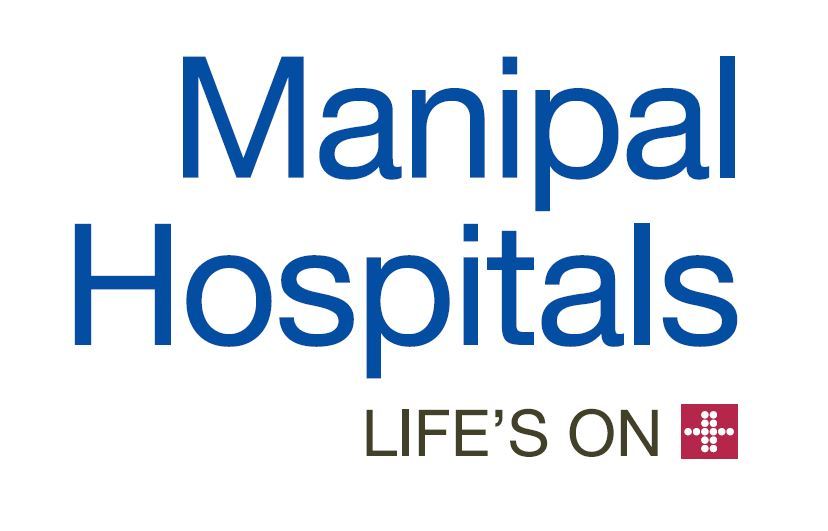





.jpeg)

.jpeg)










.jpg)




.jpg)

